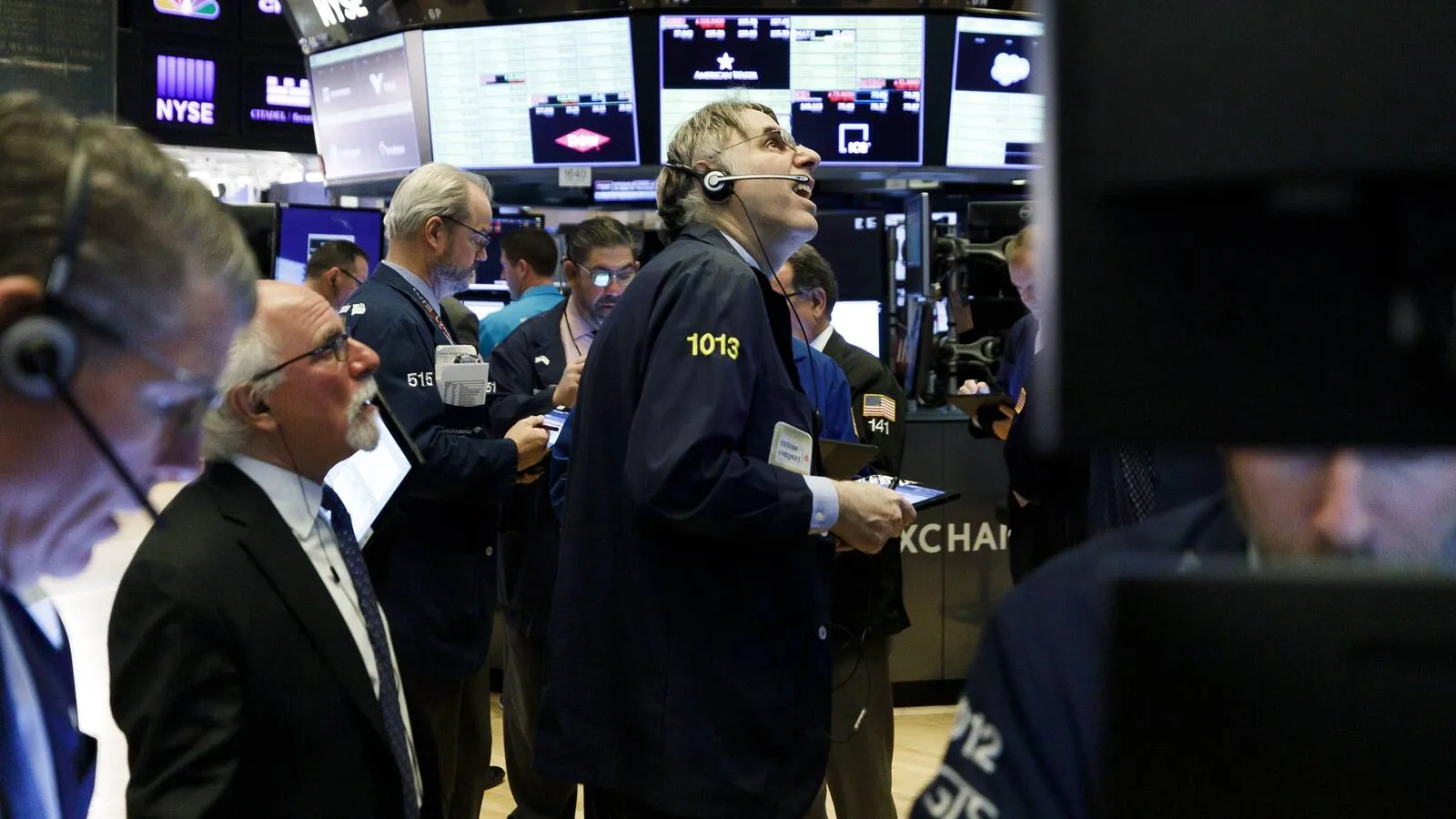US Stocks Climb as Alphabet Leads Gains and Fresh Fed Cut Hopes Emerge
US stocks ticked higher in early Friday trading, clawing back a portion of the previous day’s decline, when worries about overheated valuations and a potential slowdown in the AI boom helped fuel a swift intraday pullback. After Thursday’s volatility, investors stepped back in cautiously, looking for signs that markets could stabilize.
The S&P 500 climbed 0.3%, while the tech-driven Nasdaq 100 posted a similar 0.3% gain, supported by strength in some of the market’s most influential names, including Alphabet Inc. and Tesla Inc.
Despite the uptick, the benchmark S&P 500 remains roughly 4% lower for the month through Thursday’s close, pressured by renewed anxiety that AI-related enthusiasm may have pushed parts of the market too far too fast. That caution has lingered ever since the index notched a fresh record high in late October.
Sentiment improved early Friday after New York Federal Reserve President John Williams suggested the central bank may still have room to ease monetary policy in the near future. Williams pointed to cooling trends in the labor market as one reason officials could consider another rate cut sooner rather than later. His comments helped revive expectations for a potential policy move in December hopes that had been fading late this week.
On Thursday, diminishing optimism around rate cuts weighed on equities after several Fed officials signaled they were comfortable keeping borrowing costs unchanged for now. Those remarks came as the government shutdown’s lingering effects delayed multiple key economic releases, leaving policymakers and investors with less clarity on the near-term economic picture.
Nvidia Corp. struggled in early trading Friday, while Alphabet jumped 3.1%. Alphabet has been on a tear this week following a wave of upbeat reviews for its newly launched Gemini AI model, which investors view as a significant milestone in the company's push to stay competitive in the AI arms race. Nvidia, meanwhile, initially rallied on Thursday after delivering stronger-than-expected earnings the night before, but the stock later dipped as traders reassessed how much AI-driven demand is already priced in.
“We continue to be constructive,” said Max Kettner, chief multi-asset strategist at HSBC Bank, in a client email. “From a fundamental perspective, nothing has changed in the last few weeks.” Kettner’s view reflects a broader sentiment among strategists who believe the recent weakness is more of a recalibration than a fundamental shift in the market’s underlying trajectory.
Thursday evening’s earnings reports added support to that argument, highlighting what has largely been a solid reporting season. Intuit Inc. surged roughly 5% after the company’s chief financial officer expressed confidence in the outlook, especially as demand for financial software remains steady. Ross Stores Inc. also impressed, climbing more than 4% after the discount retailer issued guidance that exceeded Wall Street expectations. Both companies ranked among the top performers in the S&P 500.
Still, even with positive corporate results, questions linger about how much more upside the stock market can realistically generate in the near term. Some analysts caution that recent volatility may simply be the market working off the excesses of a strong summer and fall rally.
“One has to at least consider that the stock market is merely giving back a lot of the artificial buying which took place in the summer and fall,” wrote Matt Maley of Miller Tabak + Co. in a note to clients. “Thus it’s merely in the process of moving back to where it should be.” Maley’s view echoes a growing chorus of voices suggesting that the latest pullback may be a natural cooling phase rather than the start of a deeper downturn.
Meanwhile, crypto-linked equities were also in the spotlight as Bitcoin headed for its weakest monthly performance since the sharp digital-asset selloff of 2022. Shares of companies tied to the crypto ecosystem, including Strategy Inc., saw heightened attention as the broader risk-off tone extended into digital markets. Bitcoin’s slide reflects both macro-driven caution and investor concerns that the crypto rebound earlier this year may have outpaced underlying fundamentals.
With stocks attempting to steady at week’s end, investors continue to navigate a delicate balance of shifting rate expectations, evolving AI narratives, and mixed risk appetite across asset classes. While Friday’s early gains offered some relief, markets remain highly sensitive to incoming data, Fed communication, and any signs that recent concerns about valuations or the durability of AI-driven growth may prove justified.

Subscribe to our newsletter!
As a leading independent research provider, TradeAlgo keeps you connected from anywhere.








